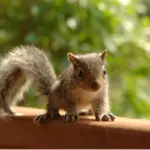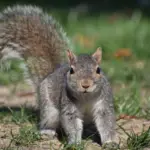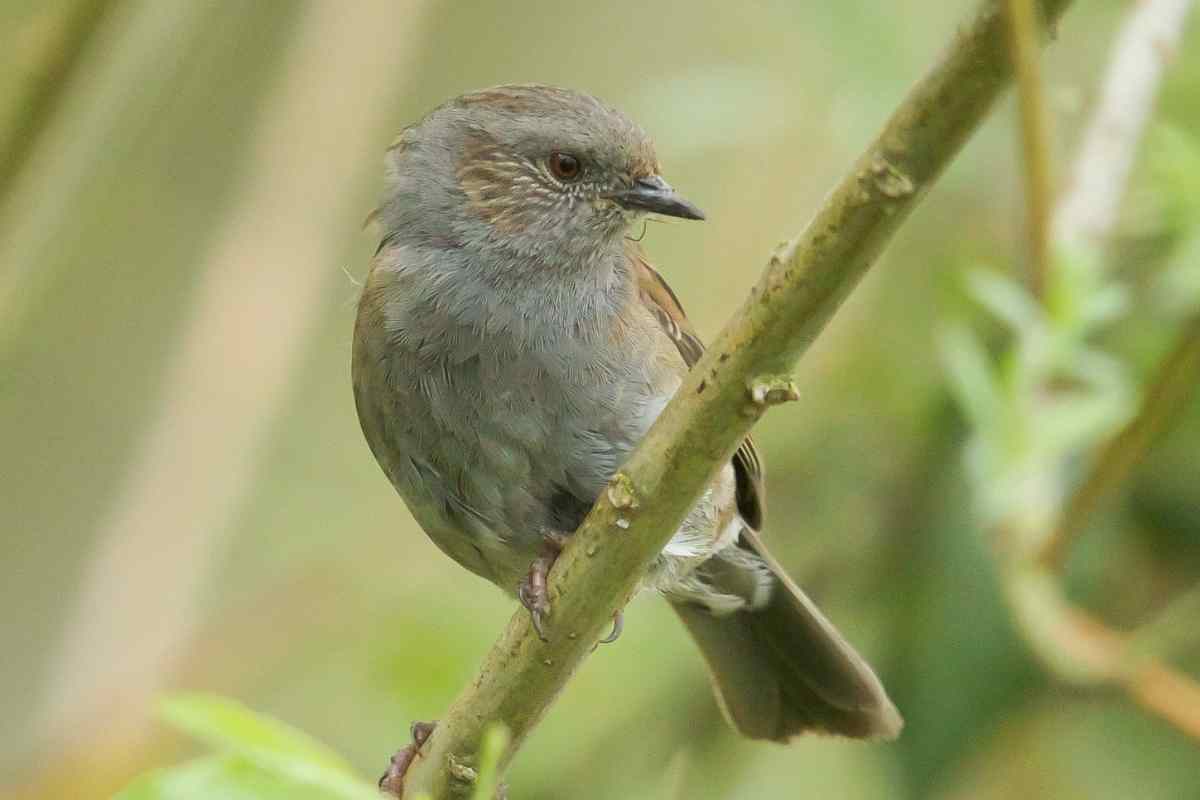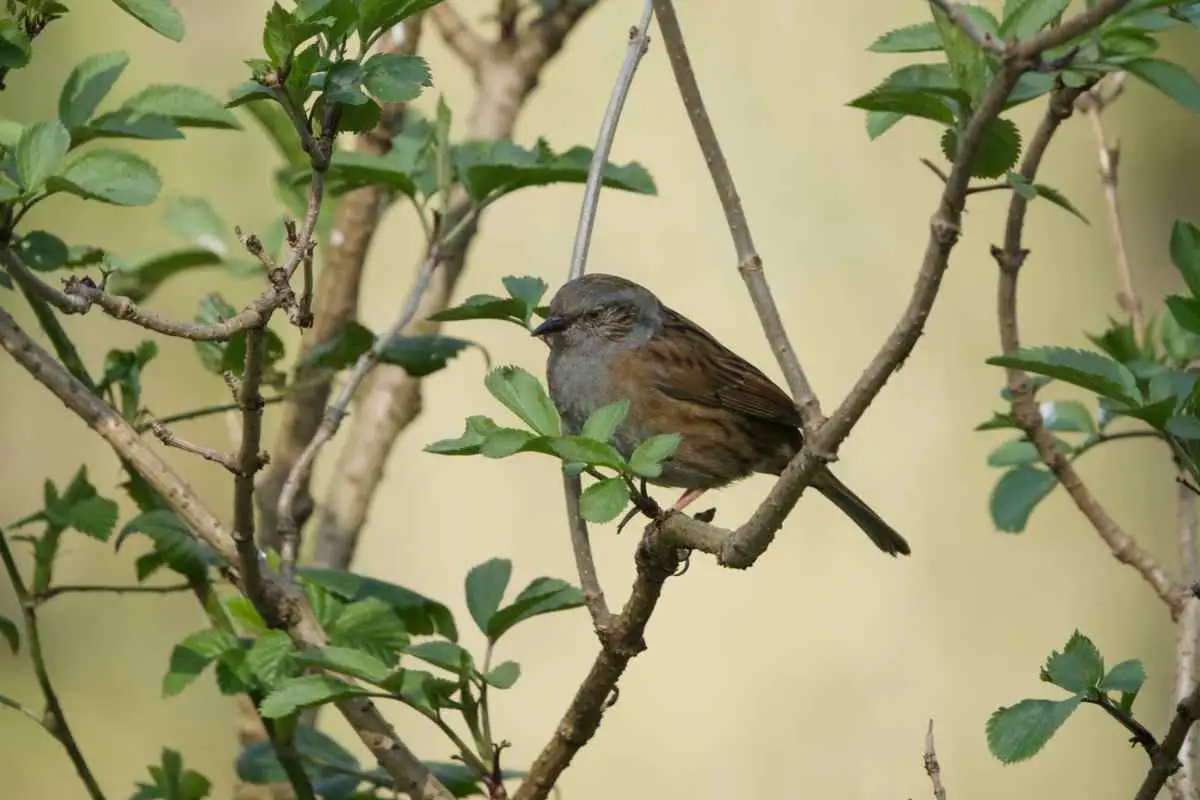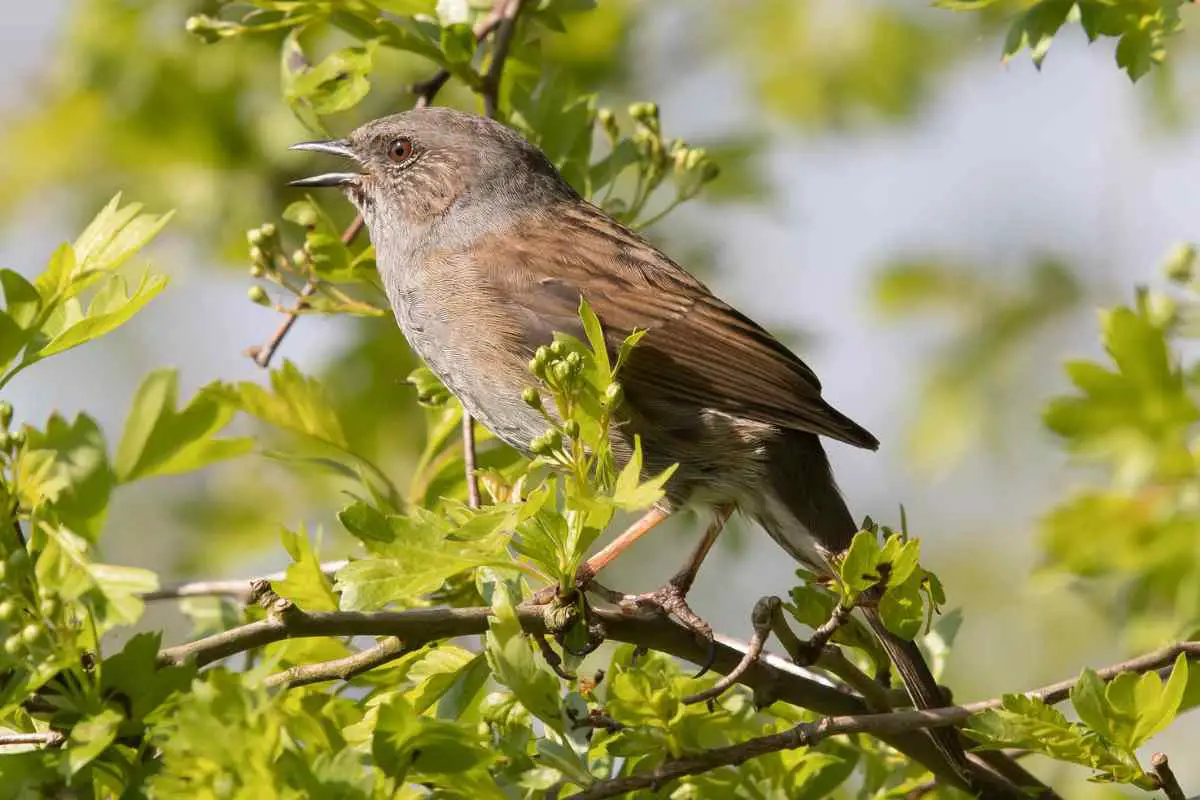Squirrels are a common sight in many yards and gardens, and while some may view them as pests, they actually offer a range of benefits to homeowners.
For starters, squirrels help to disperse seeds and promote the growth of new plants.
As they bury nuts and seeds in various locations, they inadvertently help to plant new trees and vegetation, which can create a more diverse and vibrant ecosystem in your yard.
In addition to promoting plant growth, squirrels also play an important role in controlling insect populations.
Many species of squirrels are omnivorous and will eat insects, such as grubs and caterpillars, as well as nuts and seeds.
By consuming these pests, squirrels can help to keep their populations in check and prevent damage to your plants and garden.
Furthermore, squirrels are a source of food for other animals, such as birds of prey, which can help to maintain a healthy and balanced ecosystem in your yard.
Overall, while squirrels may sometimes be seen as a nuisance, they actually offer a range of benefits to homeowners.
From promoting plant growth to controlling insect populations, these furry creatures play an important role in maintaining a healthy and vibrant ecosystem in your yard.
So the next time you see a squirrel in your yard, take a moment to appreciate all that they have to offer.
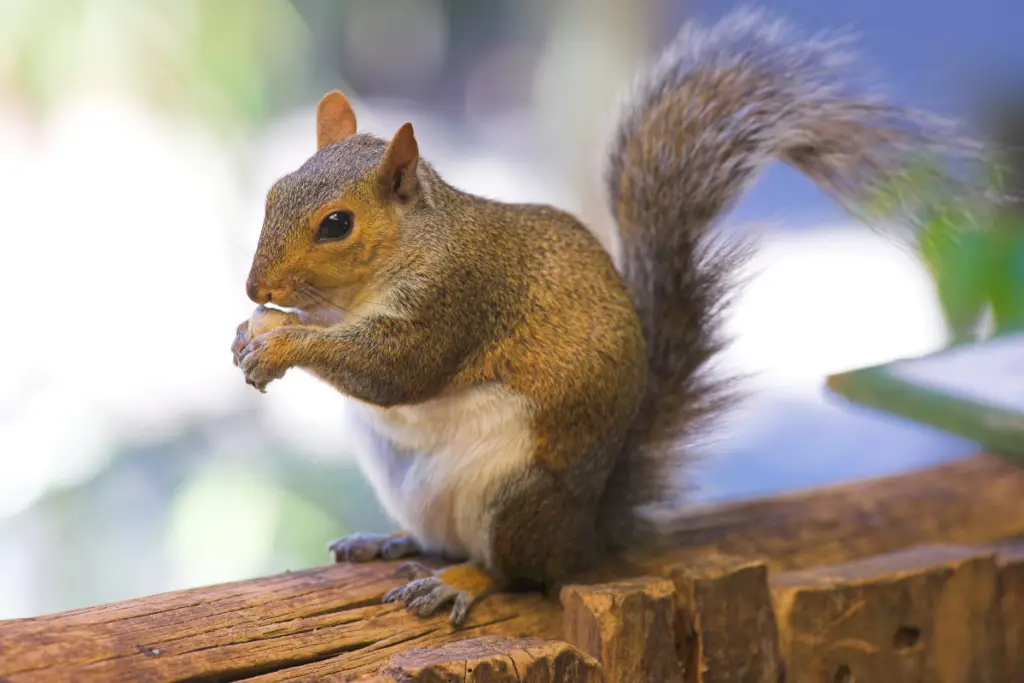
Table of Contents
Ecological Benefits
Squirrels can bring a range of ecological benefits to yards and gardens. In this section, we will explore some of the key ecological benefits provided by squirrels.
Seed Dispersal
One of the most important ecological benefits of squirrels is their role in seed dispersal. Squirrels are known to bury nuts and seeds in various locations, and these seeds can later sprout into new plants.
This process helps to disperse seeds over a larger area, which can be especially important in areas where natural habitats have been disrupted or destroyed.
Nutrient Cycling
Squirrels can also play an important role in nutrient cycling. When squirrels bury nuts and seeds, they are essentially “planting” them in the soil.
As these seeds sprout and grow, they can help to cycle important nutrients back into the soil.
This can help to improve soil quality and fertility, which can, in turn, benefit other plants in the area.
Pest Control
Another benefit of squirrels is their ability to control pests. Squirrels are natural predators of many insects and other pests, and they can help to keep populations of these pests under control.
This can be especially important in gardens and yards, where pests can cause damage to plants and other vegetation.
Overall, squirrels can provide a range of important ecological benefits to yards and gardens.
From seed dispersal to nutrient cycling to pest control, these animals play an important role in maintaining healthy ecosystems.
Behavioral Benefits
Squirrels are fascinating creatures that bring joy and entertainment to many yards. They also provide educational opportunities for children and adults alike.
Here are some of the behavioral benefits of having squirrels in your yard.
Entertainment Value
Squirrels are known for their playful behavior, which can be highly entertaining to watch. They are acrobatic creatures that can run, jump, and climb with ease.
They often engage in playful activities, such as chasing each other around trees or playing with objects they find in the yard.
Watching squirrels can be a great way to relieve stress and improve mood.
Educational Opportunities
Squirrels can also provide educational opportunities for children and adults. Observing their behavior can teach us about their natural instincts and habits.
For example, squirrels are known for their ability to store food for the winter. They bury nuts and seeds in the ground and use their sense of smell to locate them later.
This behavior not only helps them survive during the winter months but also contributes to the growth of new plants in the spring.
Squirrels also have a complex social structure, which can be interesting to observe. They communicate with each other through a variety of vocalizations and body language.
They are also known to form close bonds with other squirrels, and will often share nests during the winter months.
In addition to providing entertainment and educational opportunities, squirrels can also help control other pests in the yard.
They are known to eat insects, grubs, and other small animals that can damage plants and gardens.
Overall, having squirrels in your yard can be a great way to connect with nature and appreciate the beauty of the natural world.
Potential Drawbacks
While there are many benefits to having squirrels in your yard, there are also some potential drawbacks that homeowners should be aware of.
In this section, we will explore two of the most common issues: Property Damage and Nuisance Behaviors.
Property Damage
One of the biggest concerns with squirrels in yards is their potential to cause property damage.
Squirrels are notorious for chewing on things, and they can cause a lot of damage to homes and other structures.
They may chew on wood, siding, and even electrical wiring, which can be a serious hazard.
In addition to chewing on structures, squirrels may also damage gardens and landscaping. They may dig up bulbs and plants, and they may eat fruits and vegetables.
This can be frustrating for homeowners who have put a lot of time and effort into their gardens.
Nuisance Behaviors
Another potential drawback of having squirrels in your yard is their nuisance behaviors. Squirrels can be very active and noisy, and they may disturb homeowners with their constant chatter and movement.
They may also steal food from bird feeders and other sources, which can be frustrating for homeowners who are trying to attract birds to their yards.
In addition to these behaviors, squirrels may also be carriers of diseases and parasites. They can carry ticks, fleas, and other pests, which can be a health hazard to humans and pets.
Homeowners should take precautions to avoid contact with squirrels and their droppings.
Overall, while there are some potential drawbacks to having squirrels in your yard, they can be managed with proper precautions and preventative measures.
Homeowners should be aware of these issues and take steps to minimize the risks associated with squirrels in their yards.
Conclusion
Squirrels are often seen as pests, but they can actually be quite beneficial to yards and gardens. They help to disperse seeds, which can lead to the growth of new plants and trees.
Additionally, they are important in the food chain, providing a source of food for predators such as hawks and foxes.
However, it is important to note that squirrels can also cause damage to yards and gardens by digging up bulbs and eating plants.
If you want to encourage squirrels to visit your yard, it is important to provide them with a food source, such as nuts or seeds.
Here are a few key takeaways about the benefits of squirrels in yards:
- Squirrels help to disperse seeds, which can lead to the growth of new plants and trees.
- They are an important part of the food chain, providing a source of food for predators such as hawks and foxes.
- Squirrels can cause damage to yards and gardens by digging up bulbs and eating plants.
- If you want to encourage squirrels to visit your yard, provide them with a food source, such as nuts or seeds.
Overall, squirrels can be a valuable addition to yards and gardens, as long as their presence is managed properly.
By understanding their behavior and needs, homeowners can create a welcoming environment for these furry creatures while also protecting their plants and property.
- How to Build a Planter Box for Bamboo: A Step-by-Step Guide
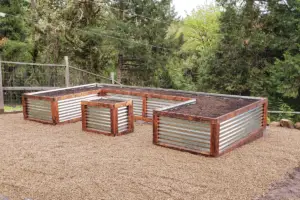
- Can Robotic Lawnmowers Handle Steep Slopes?
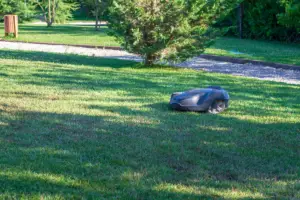
- Do You Need a Specific Lawn for a Robotic Lawnmower? Expert Advice
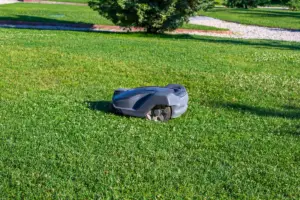
- Are Robotic Lawnmowers Safe for Pets and Children? Safety Features of Robotic Lawnmowers
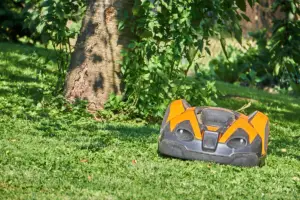
- Why Use Robotic Lawnmowers? Advantages of Using a Robotic Lawnmower
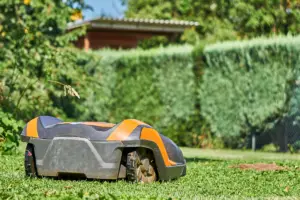
- Is the GARDENA SILENO City 300 Cordless or Corded? A Clear Answer










